Powdered milk or dried milk is a manufactured dairy product made by evaporating milk to dryness. One purpose of drying milk is to preserve it; milk powder has a far longer shelf life than liquid milk and does not need to be refrigerated, due to its low moisture content.
Another purpose is to reduce its bulk for economy of transportation. Powdered milk and dairy products include such items as dry whole milk, nonfat (skimmed) dry milk, dry buttermilk, dry whey products and dry dairy blends. Many dairy products exported conform to standards laid out in Codex Alimentarius. Many forms of milk powder are traded on exchanges.
Powdered milk is used for food and health (nutrition), and also in biotechnology.
Food And Health Uses
Powdered milk is frequently used in the manufacture of infant formula, confectionery such as chocolate and caramel candy, and in recipes for baked goods where adding liquid milk would render the product too thin. Powdered milk is also widely used in various sweets such as the famous Indian milk balls known as gulab jamun and a popular Indian sweet delicacy (sprinkled with desiccated coconut) known as chum chum (made with skim milk powder).
Powdered milk is also a common item in UN food aid supplies, fallout shelters, warehouses, and wherever fresh milk is not a viable option. It is widely used in many developing countries because of reduced transport and storage costs (reduced bulk and weight, no refrigerated vehicles). Like other dry foods, it is considered nonperishable, and is favored by survivalists, hikers, and others requiring nonperishable, easy-to-prepare food.
Nutritional value
Milk powders contain all twenty-one standard amino acids, the building blocks of proteins, and are high in soluble vitamins and minerals.
According to USAID, the typical average amounts of major nutrients in the unreconstituted nonfat dry milk are (by weight) 36% protein, 52% carbohydrates (predominantly lactose), calcium 1.3%, potassium 1.8%. Whole milk powder, on the other hand, contains on average 25-27% protein, 36-38% carbohydrates, 26-40% fat, and 5-7% ash (minerals). However, inappropriate storage conditions such as high relative humidity and high ambient temperature can significantly degrade the nutritive value of milk powder.
Commercial milk powders are reported to contain oxysterols (oxidized cholesterol) in higher amounts than in fresh milk (up to 30 μg/g, versus trace amounts in fresh milk). Oxysterols are derivatives of cholesterol that are produced either by free radicals or by enzymes. Some free radicals-derived oxysterols have been suspected of being initiators of atherosclerotic plaques.

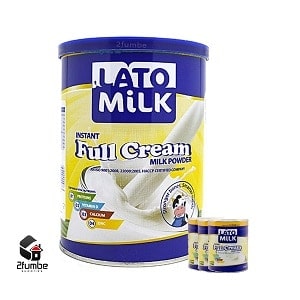
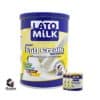
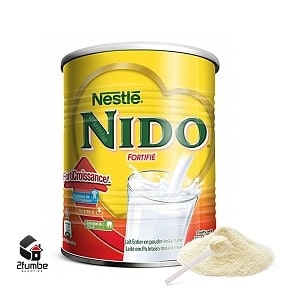
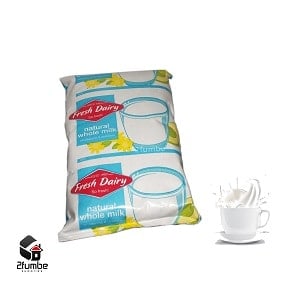
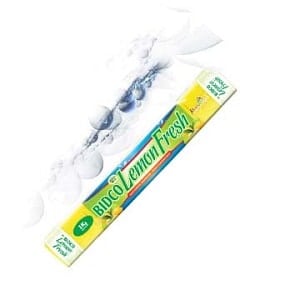
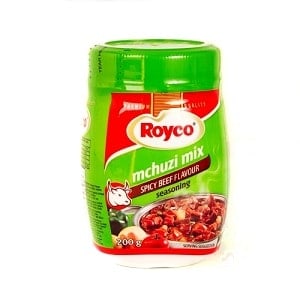
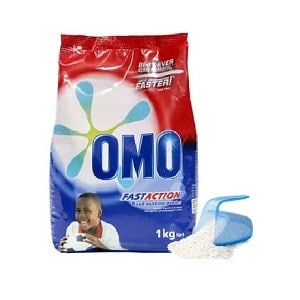
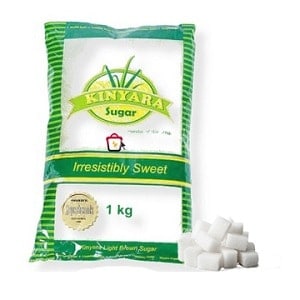
Reviews
There are no reviews yet.